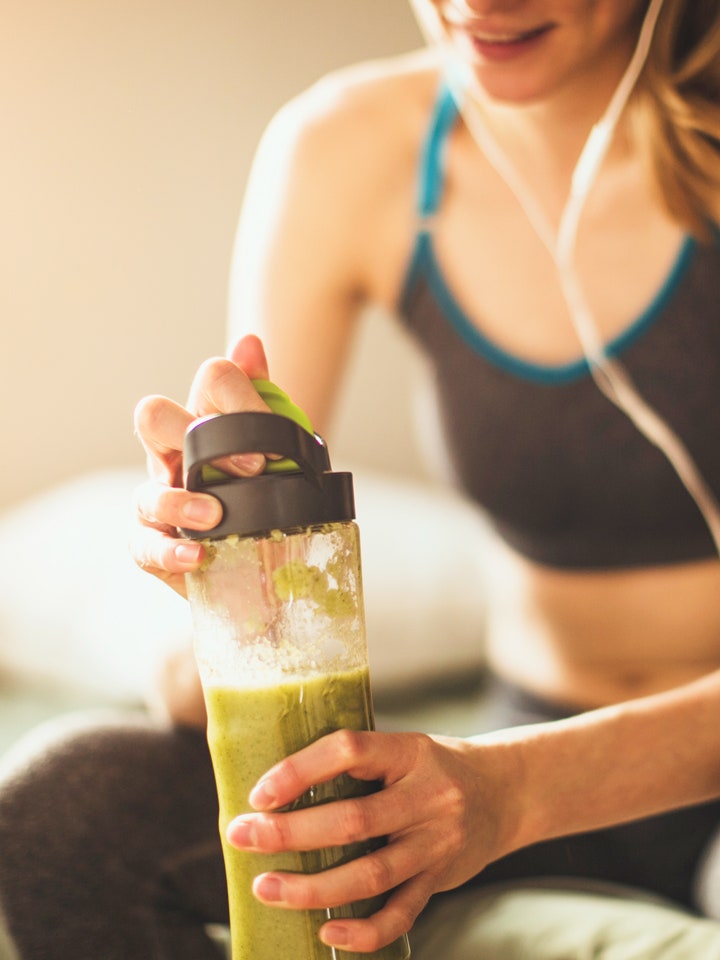Duncan Lynch, Research Analyst, Zenith Global provides some insights for FJF readers
Society as a whole is repeatedly being told to consume more fruit and vegetables. According to UK government figures in 2018, only 31% of adults and 8% of teenagers consumed the recommended five portions daily. Fruit juice, therefore, is a convenient way of squeezing in those extra portions.
However, according to Zenith Global’s globaldrinks.com database, whilst on the whole demand for healthful beverages has been rising over the last five years, the total volume of fruit juice has been in steady decline in both North America and Western Europe with an increase in price propping up revenue totals.
One might have thought that juice and physical fitness should go hand in hand, but amongst the fitness industry and fitness professionals, fruit juice has a mixed reputation and has done for several years.
This, in part, has been driven by the health concerns surrounding fruit juice. Juices have a relatively high sugar content and calorific value. Even natural juices that boast the popular tagline ‘no added sugar’ contain a high amount of naturally occurring sugars. A pint of orange juice contains more calories than the equivalent volume of lemonade or lager. Another factor is the comparative lack of nutrients compared to fresh fruit.
Despite the most common criticisms from the fitness industry, it has helped to drive innovation, allowing juice to play a role in helping people achieve their goals in muscle gain or fat loss. The fresh juice and smoothie bar industry grew nearly 7% between 2015 and 2018, driven by the rapid rise in the appearance of such outlets in close proximity to or within gyms and leisure centres. Whilst this growth in a more health-conscious society is likely to be dampened by Covid restrictions, Zenith Global expects to see these long-term trends of growth and popularity continuing amongst fresh juice.
This increased demand comes, in part, from the variety and control it gives consumers. The fitness industry encourages consumers to track what they eat and drink and fresh juicing gives them greater control over their choices. They are also able to add protein powders, creatine and other supplements to tailor the juice to their individual needs. Furthermore, the concerns over the loss of nutrients in pre-packaged products are somewhat alleviated as the whole fruit is normally blended.
Trying to compete with the juice and smoothie bar market, there has been an increase in the number of pre-packaged functional juices, promising enhanced performance with added vitamins and minerals from products such as chia and flax seeds. With the global functional beverage market expected to grow by more than 8% in 2021, one of the market leaders, Tropicana, relaunched its functional juice range in 2020. The brand now better highlights its benefits to consumers who want to live a healthy lifestyle. Whilst consumers lose some of the control compared to freshly made juices, they still gain many of the benefits with increased convenience.
Consumers are also interested in trying new and innovative products, especially those which are reported to improve athletic performance. Tart cherry juice has increased in popularity over the last few years with endurance athletes in particular for this reason. The cherries contain a high concentration of anthocyanins renowned for their anti-inflammatory properties, but they are also shown to reduce muscle damage and fatigue and improve brain function, with sales forecast to increase further to 2025.
Vegetable juices have long been overlooked for their taste but within the fitness industry especially they are increasing in popularity due to their high levels of minerals and vitamins and lower sugar levels. With improvements in technology and flavour profiles, the taste has been improved for many consumers. This is often achieved by mixing vegetables with a relatively small amount of sweet fruit juice, such as apple.
Beetroot juice is one of the leaders within vegetable juices with the market expected to achieve small volume growth by 2025. Beetroot juice is packed with dietary nitrates which reduce the oxygen expended during exercise. Shots of rhubarb juice are being used by athletes to offer the same benefits as beetroot juice but removes the need for sweeteners.
Zenith Global acknowledges the important role fruit juice still has to play in the fitness industry, but demands are changing. The increase in the popularity of vegetable juices and functional fruit juices and smoothies looks likely to continue. The products being used and promoted by elite athletes are likely to make their way into the mainstream market over the next few years as consumers try to improve their health and fitness, especially in the post-lockdown world we hope to be living in soon.



